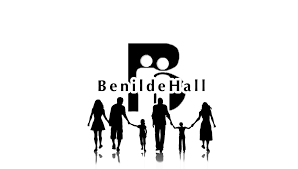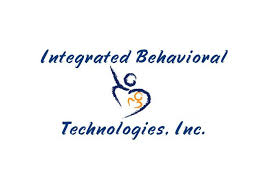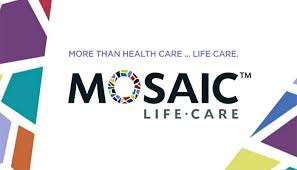13 Apr Benilde Hall Receives $67,000 Grant from the Emergency Solutions Grant
Benilde Hall was recently awarded a $67,000 grant from the Emergency Solutions Grants (ESG) program to deliver housing and supportive services to 500 adult males who are experiencing homelessness, substance use disorders, and/or mental illness through our Safe Haven program.12 Apr Value Your Volunteers by AGS Staff
If your organization or program works with volunteers, you know firsthand that these individuals are often invaluable assets in delivering your mission. While volunteer management professionals know how to communicate the intrinsic value of these services to the community and the volunteers who provide them, we have to ask ourselves…. are we as grant professionals properly communicating their monetary value to current and potential grant funders? As we continue to celebrate National Volunteer Month, let’s explore ways to express the value of volunteer contributions. This will help you to present accurate and comprehensive grant budgets that fully express the extent of your organization’s in-kind commitment.08 Apr Funding Alert! Community Health Workers for COVID Response and Resilient Communities Grants
Centers for Disease Control and Prevention Does your government agency work with Community Health Workers (CHWs)? The Centers for Disease Control and Prevention (CDC) is now accepting applications for its 2021 program, Community Health Workers for COVID Response and Resilient Communities (CCR), which supports the goals of the CARES Act in preventing COVID-19 and protecting individuals from the public health implications of the pandemic. This program supports the training, deployment, and engagement of CHWs across the country to support COVID-19 response efforts. Applicants may propose a variety of strategies for scaling up the capacity of CHWs, with a focus on communities and populations that have been most affected by COVID-19. CCR proposals are due May 24, 2021.03 Apr The Value of an Experienced Reviewer by Tracey Diefenbach, GPC
Posted at 11:11h
in Competency Seven, Evaluation, Federal Grants, Professionalism, Tracey Diefenbach, GPC, Writing
Hello April! I am greeting this month with big, open arms – ready for sunshine, warmer temperatures, open windows, and a good, deep spring cleaning (who doesn’t love washing windows and scrubbing baseboards?). If those are not enough reasons to love April, here’s one more: it’s National Volunteer Month – a time to celebrate and promote volunteerism and helping hands.
As a grant professional in the field for over 16 years, I have come to understand and deeply appreciate the value of a helping hand. One of the most valuable helping hands I have seen is proposal reviews, particularly for federal proposals (perfect timing as spring is often a federal grant season!). I have been fortunate enough to experience both internal and external reviews from those who are unfamiliar with my proposal’s program or the agency. BONUS: I have also served as an external reviewer for federal grant programs. The benefits of these extra eyes and hands are invaluable especially in an ever growing, highly competitive environment.










